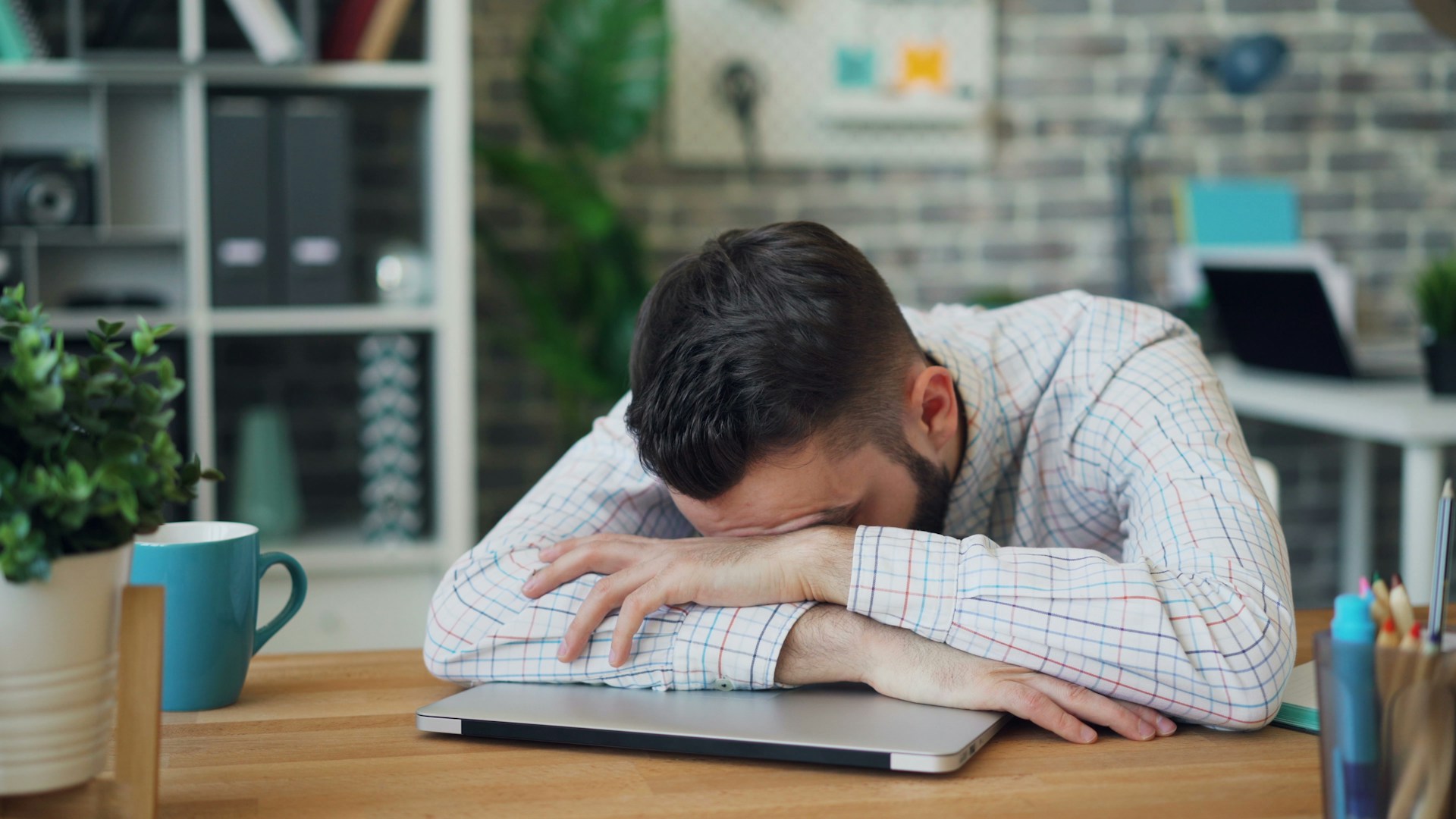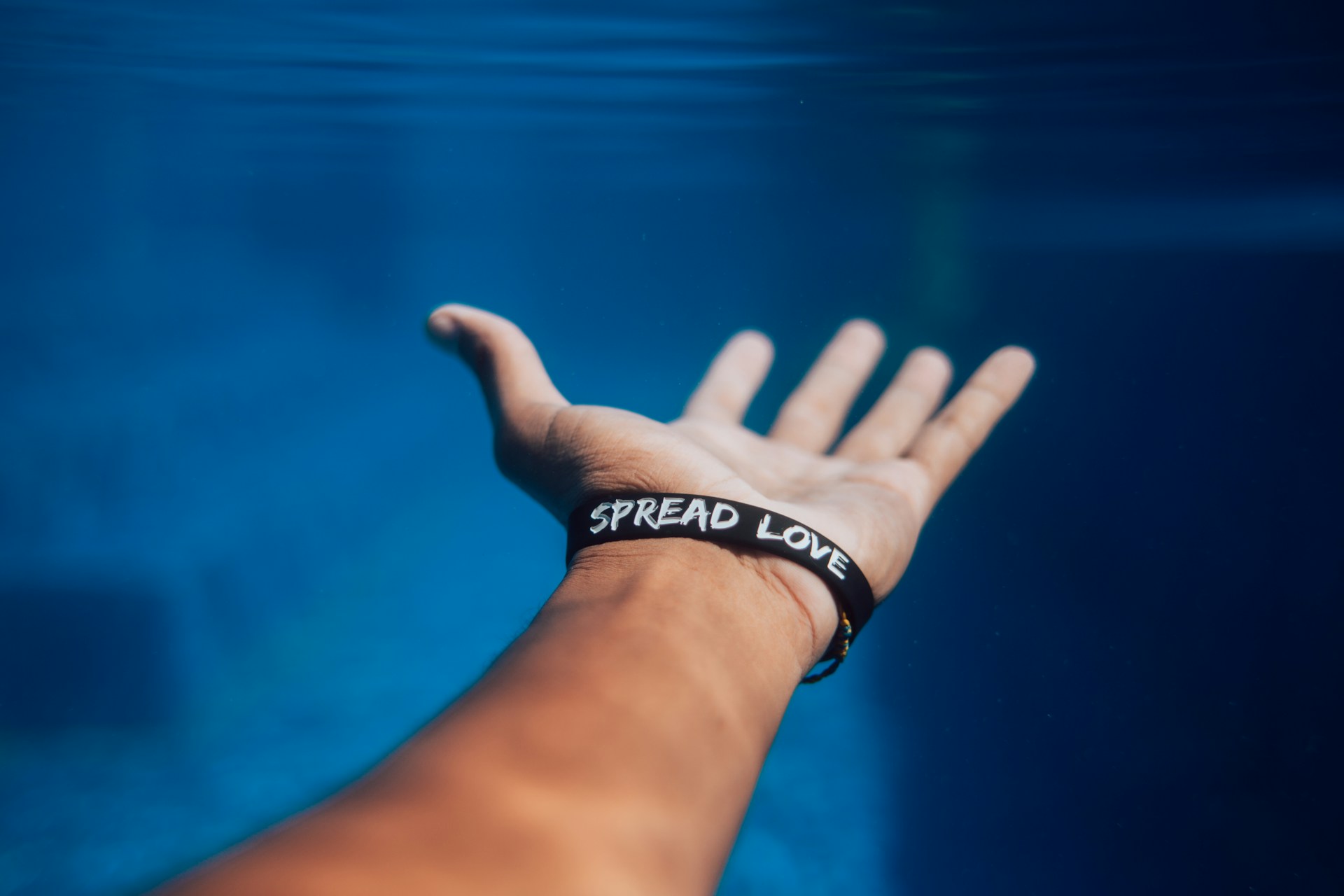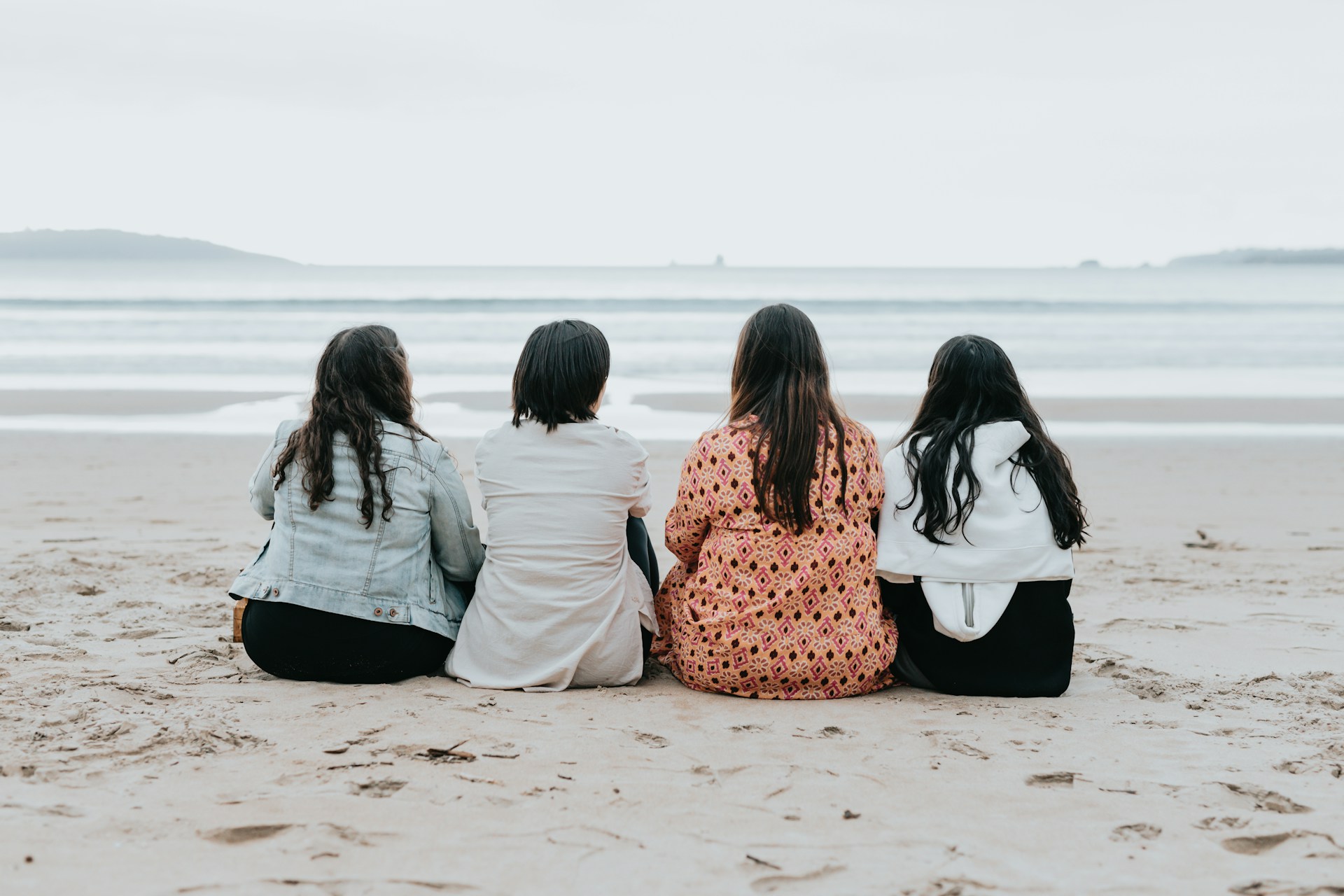The world seems to run on stress and anxiety. We think we are being productive when we burn both ends of the candle and hustle to make more, be more, and have more. But stress and anxiety can lead to mental and physical symptoms, resulting in mental health conditions, illness, and a shorter life span. However, with a few lifestyle changes, you can decrease stress, alleviate anxiety symptoms, and live a more peaceful life. Christian Counseling Allen can help guide you through these changes with faith-based support and practical strategies.
Physical and Emotional Symptoms of Stress and Anxiety
Stress affects every system within the body, yet it can be challenging to pinpoint precisely what stress is, unlike something tangible such as a tumor. Stress hormones are released when we are confronted with danger (think about a tiger chasing you!). Unfortunately, these same chemicals are released when we are presented with less dangerous (and fatal) things like overdue bills, toxic relationships, and financial problems.
The following are several symptoms of stress and anxiety:
- Feeling out of sorts (anxious or nervous)
- Short of breath or rapid breathing
- Rapid heart rate
- Shaking or trembling
- Fatigue
- Excessive sweating
- Unable to focus
- Feelings of dread or panic
- Sleep disturbances
- Headaches and digestive issues
- Unexplained aches and pains
- High blood pressure
- Tension in the back and neck muscles
- Low sex drive
Each bodily system is represented in the above symptoms: reproductive, nervous, gastrointestinal, cardiovascular, musculoskeletal, respiratory, and endocrine. This list does not include the psychological effects anxiety brings about or combines with other mental health conditions.
How to Increase Your Sense of Wellbeing and Peace
 Nothing is more frustrating than to have someone say, “Just stress less, and your anxiety will stop!” Chronic stress can happen subconsciously, yet it can affect you physically and psychologically. The following are several tips that you can use to increase your sense of well-being and feel at peace, effectively lowering your anxiety.
Nothing is more frustrating than to have someone say, “Just stress less, and your anxiety will stop!” Chronic stress can happen subconsciously, yet it can affect you physically and psychologically. The following are several tips that you can use to increase your sense of well-being and feel at peace, effectively lowering your anxiety.
Cut out processed foods and added sugar.
Added sugar can increase anxious feelings leaving you depressed, nervous, and full of worry. On the other hand, processed foods are typically high in sodium, raising your blood pressure. This physical action creates a cascade of other hormonal chemicals, resulting in more stress and anxiety. Avoid packaged foods and focus on whole grains or sprouted grains, fruits and vegetables, lean proteins, and healthy fats.
Decrease your time on social media.
If comparison is the thief of joy, then social media is a den. Social media platforms are wonderful ways to stay connected to family and friends, learn about new products, and be entertained. However, we tend to compare our daily lives with the edited versions of other people we see on Facebook, Instagram, or TikTok.
There is nothing wrong with any of these platforms in themselves. Instead, the problem lies in how much time we devote to them. Consider taking social media sabbaticals now and then and shutting off your devices at least two hours before bed.
Delegate tasks.
If you are the head of a household, taking care of aging parents, raising children, working full or part-time, owning a business, or going to school, you know how hard it is to fit all of your responsibilities into your average day. You may be able to check off several of the boxes above. As adults, we try to juggle everything. But the truth is that some things are more important than others.
 Sometimes you must prioritize your responsibilities and delegate lesser tasks. Even if you do not have someone to take over a specific duty, can you find a way to make it less stressful? If you do not have time to grocery shop every week, can you keep an ongoing list on your phone and do grocery curbside pickup once a week instead? Brainstorm ways to make daily tasks easier.
Sometimes you must prioritize your responsibilities and delegate lesser tasks. Even if you do not have someone to take over a specific duty, can you find a way to make it less stressful? If you do not have time to grocery shop every week, can you keep an ongoing list on your phone and do grocery curbside pickup once a week instead? Brainstorm ways to make daily tasks easier.
Move your body more.
Just like how processed foods and added sugars can create adverse effects from the chemical releases in the body, exercise can increase positive chemicals. These endorphins raise your sense of wellbeing, encourage positive body image, and leave you with that “runner’s high,” even if running is not your exercise.
Not only that, but exercise, in general, will lower your risk of developing certain physical conditions, improve your heart health, and keep you flexible and strong as you age.
Avoid substances that trigger anxiety.
Certain substances should be avoided at all costs, while others should be consumed in moderate amounts. Illicit drugs and nicotine are substances that you should avoid as these will harm your health and increase the symptoms of anxiety. Alcohol, prescription medication, and caffeine are usually tolerated in small amounts.
A physician will prescribe the proper dosage for your body. However, if you overconsume alcohol or caffeine, this can put your body under constant stress, overwork your heart and other organs, and lead to more anxiety.
Do the things you love.
 Even when things seem chaotic to you and the stress is overwhelming, taking some time to do something meaningful and fun will lower your stress levels. This might mean coming home from work and focusing on preparing a great dinner if you love to cook. Or playing an online game with friends, writing a story, or spending time in your garden. Whatever brings you joy and peace should be a regular part of your life.
Even when things seem chaotic to you and the stress is overwhelming, taking some time to do something meaningful and fun will lower your stress levels. This might mean coming home from work and focusing on preparing a great dinner if you love to cook. Or playing an online game with friends, writing a story, or spending time in your garden. Whatever brings you joy and peace should be a regular part of your life.
Create healthy boundaries.
Learning to say no to opportunities can be challenging. We all want to grow and be successful. We all want to feel wanted. But stretching yourself too thin will only result in burnout and not being able to give your all to projects or people that mean more to you. Make a list of your commitments and another list of what people and projects mean the most to you.
Now remove anything on your list that does not bring you pure joy. This would be a good time also to identify any toxic relationships in your life. Learning to create boundaries is not only for your work life but also for areas in relationships. Sometimes distancing yourself from a toxic influence is better for your peace of mind.
Do it now.
Sometimes procrastination is at the root of our stress and anxiety. We put off tasks that are uncomfortable or seem like they will take too long to complete. For example, you may know that you should complete your taxes in February to get a head start and out of the way. But you also know that completing your tax return is complicated and might take a few hours to plow through.
Instead, April 15th rolls around, and you still have not started. Now you are filled with stress and anxiety as you think about getting into trouble with the IRS. We procrastinate on everything from housework to house maintenance to doctor appointments to learning how to do something to further our careers.
From now on, commit to getting the thing done as soon as you think about it. Even if you must schedule smaller tasks throughout your week, you will eventually get them done as long as you do not procrastinate.
Pray, praise, and worship God.
 There is something about pouring our hearts out to God and allowing Him to wash our souls clean of worry and anxiety. That is not to say that if you are a Believer, you will never stress a thing in your life. Just the opposite. But it does mean that when life hits and knocks you down, you can cast all your worries and anxieties on Him because He cares for you. (1 Peter 5:7)
There is something about pouring our hearts out to God and allowing Him to wash our souls clean of worry and anxiety. That is not to say that if you are a Believer, you will never stress a thing in your life. Just the opposite. But it does mean that when life hits and knocks you down, you can cast all your worries and anxieties on Him because He cares for you. (1 Peter 5:7)
Each one of these suggestions can be implemented today. It may take time for others to realize you are making changes and creating boundaries in your life, but you are worth it. God meant for you to thrive as a warrior for His kingdom, not just survive day-to-day.
When You Need Help with Stress and Anxiety
Anxiety can make you feel helpless, but it does not have to be that way. Contact one of the Christian counselors at Christian Counseling Allen today for an assessment and suggestions for lowering your stress and anxiety.
“Golden Hour”, Courtesy of Guillaume Bolduc, Unsplash.com, CC0 License; “Sunset”, Courtesy of Elvis Bekmanis, Unsplash.com, CC0 License; “Frustrated”, Courtesy of Jeremy Perkins, Unsplash.com, CC0 License; “Walking in the Scrub”, Courtesy of Leon Seierlein, Unsplash.com, CC0 License
- Melissa Plantz: Author
Melissa Plantz is a Christian author and freelance writer. She spent twenty years in the pharmacy industry and has specialized in faith, fitness, nutrition, geriatrics, and mental health since 2015. She writes from the beautiful Lake Marion area in S...
DISCLAIMER: THIS ARTICLE DOES NOT PROVIDE MEDICAL ADVICE
Articles are intended for informational purposes only and do not constitute medical advice; the content is not intended to be a substitute for professional medical advice, diagnosis, or treatment. All opinions expressed by authors and quoted sources are their own and do not necessarily reflect the opinions of the editors, publishers or editorial boards of Stone Oak Christian Counseling. This website does not recommend or endorse any specific tests, physicians, products, procedures, opinions, or other information that may be mentioned on the Site. Reliance on any information provided by this website is solely at your own risk.




